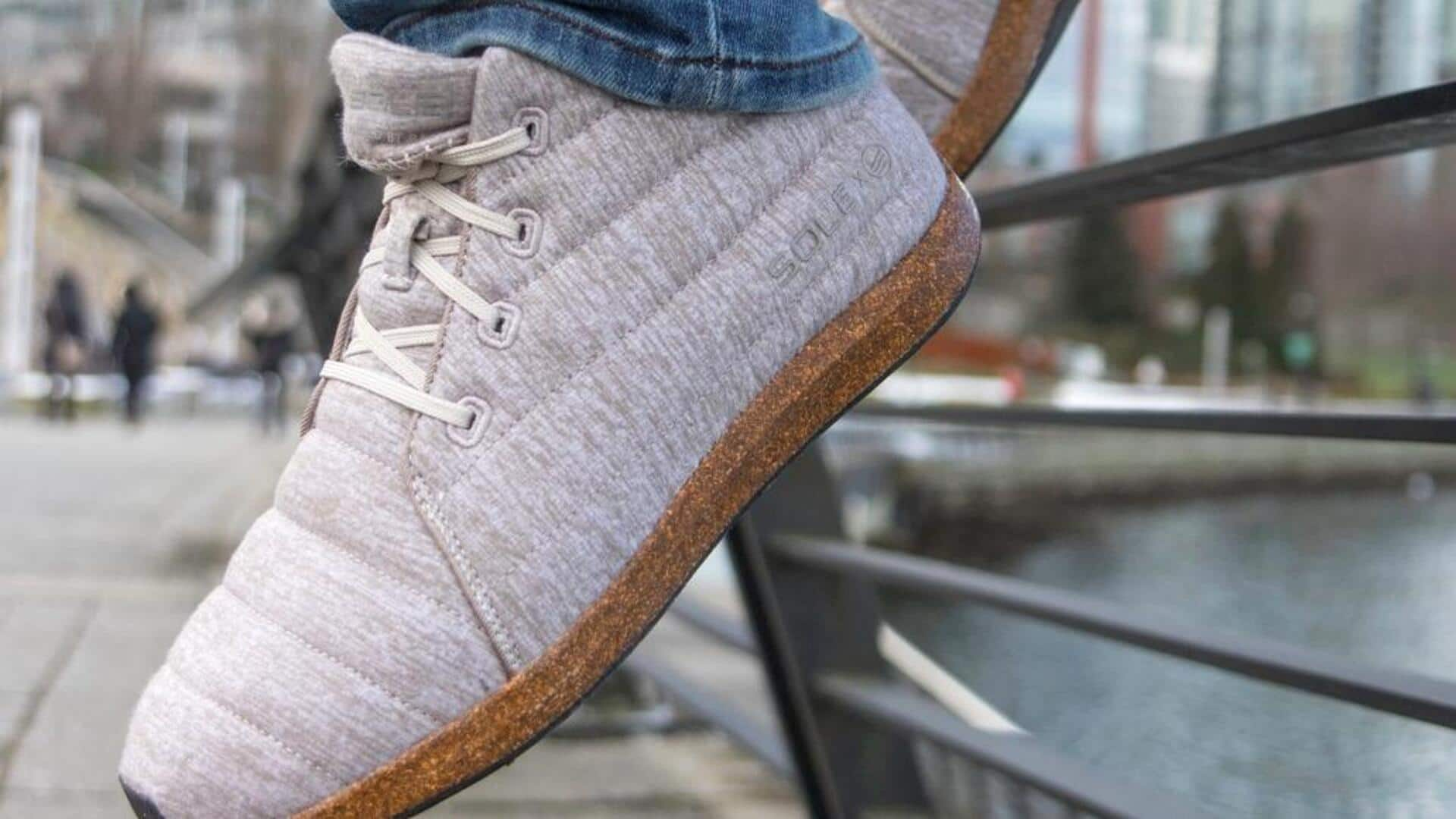In the search for sustainable fashion, cork soles are leading in the footwear industry. This article explores cork's growing popularity and how it benefits both style and the environment. Cork, a renewable resource, offers durability and comfort.
By choosing cork soles, consumers support eco-friendly practices and reduce their carbon footprint, making a positive impact on our planet. The rise of cork in footwear Cork is harvested from the bark of cork oak trees, mainly found in Mediterranean regions. This environmentally friendly process does not harm the tree, allowing it to continue growing and absorbing CO2.
As a renewable resource, cork has made its way into various industries. Footwear benefits significantly from cork's durability, comfort, and sustainability, making it a standout choice for eco-conscious consumers. Why choose cork soles? Cork soles are distinguished by their unique blend of comfort, durability, and environmental sustainability.
They are notably lightweight, which helps in reducing foot fatigue. Additionally, they possess a natural cushioning that provides exceptional support. Cork is also resistant to mold and mildew.
Importantly, the production of cork has a significantly lower environmental impact when compared to the traditional materials used in shoe manufacturing. Integrating cork soles into your wardrobe To embrace sustainable footwear without compromising style or comfort, start by seeking brands that prioritize eco-friendly practices. Many now o.


















